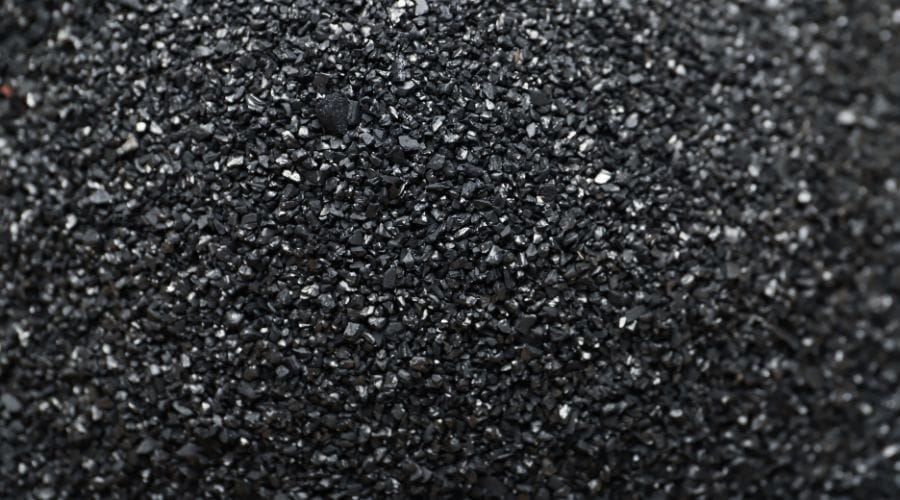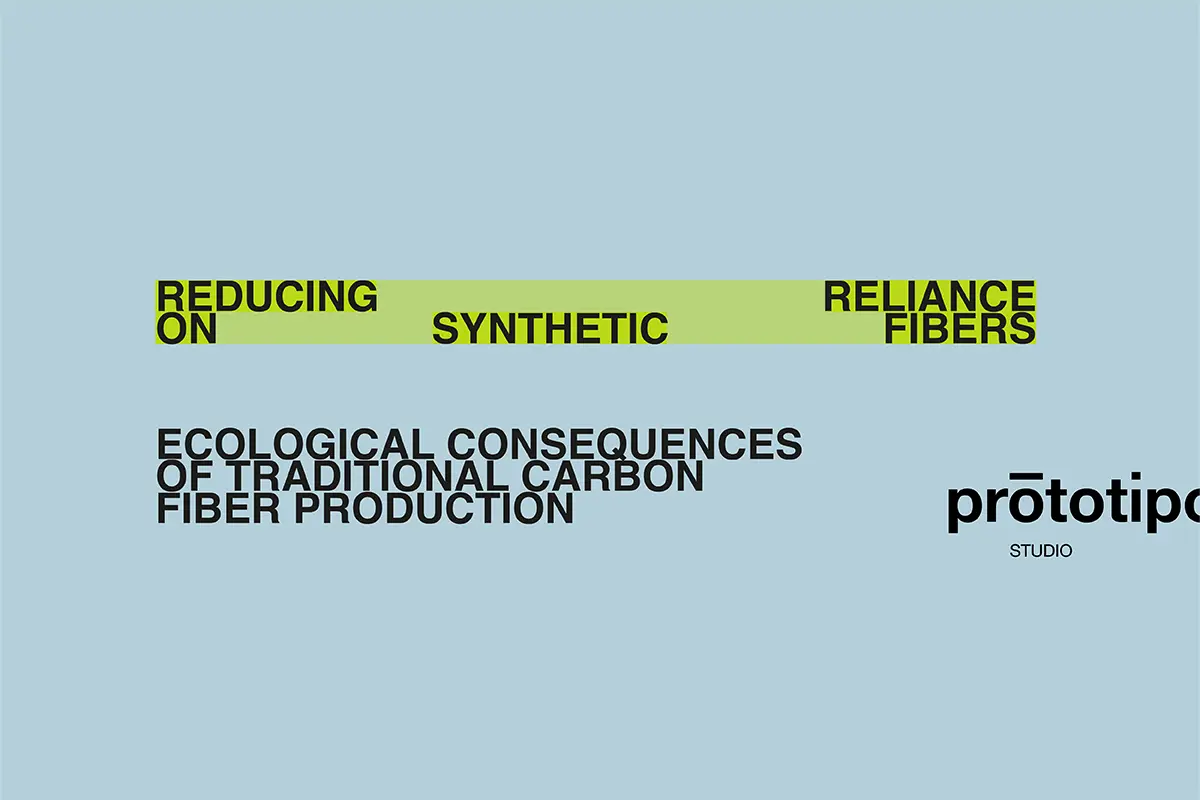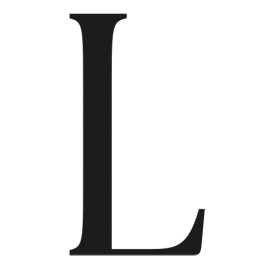5 Renewable and Bio-based Alternatives to Fossil-Based Carbon Black
These bio-based carbon black alternatives offer sustainable, versatile solutions across industries, significantly reducing CO2 emissions and environmental impact.

Carbon black is produced from incomplete combustion or thermal decomposition of hydrocarbons. Approximately 90% of carbon black produced is used in rubber applications (i.e. tires), with the remaining used as a pigment for inks, coatings and a myriad of other applications.
With about 14 million tons of carbon black produced every year, it’s one of the top 50 globally produced industrial chemicals. And, due to its fossil origins, which generate polycyclic aromatic hydrocarbons (PAHs) and emissions of 35-40 million tons of CO2 per year, the carbon black industry seems to be a good candidate for disruption with more sustainable, bio-based alternatives.
5 Sustainable Carbon Black Alternatives
Origin Materials Bio-Content Carbon Black
Origin's carbon black is a cutting-edge material that sets a new standard in sustainability and versatility. Unlike traditional carbon black, Origin's carbon black is exclusively sourced from 100% bio-content, specifically Origin’s HTC (hydrothermal carbon).
HTC is a carbon-rich, highly structured, and flexible raw material sourced from sustainable wood residue generated during the production of dimensional lumber or pulp. By utilizing these wood residues, which have a Carbon-negative footprint as validated by a Deloitte-authored life cycle assessment, the company is able to create high-grade materials while reducing waste.
One of the standout features of Origin's carbon black is its exceptional customizability. This material can be tailored to meet specific requirements in terms of particle size, surface area, and surface hydrophilicity/hydrophobicity.
This level of flexibility opens up a world of possibilities across various industries and applications in automotive, construction, textiles and packaging sectors.
As an example of the extensive possibilities, BioMade, in collaboration with Origin Materials and the University of California-Davis, is working on decarbonizing military fleets using bio-based carbon black from agricultural waste.
BioBlack TX from Nature Coatings
Nature Coatings develops BioBlack TX, a carbon-negative water-based dispersion derived from FSC-certified wood waste. It exhibits exceptional lightfastness, surpasses industry standards for safety with no detectable PAHs and minimal VOCs, and is sourced from sustainably managed and certified sources.
+(1).png?format=1500w)
BioBlack TX serves as a direct replacement for petroleum-derived carbon black, making it a sustainable and renewable option across various applications, from printing to coatings.
UPM BioMotion RFFs
UPM BioMotion RFFs (renewable functional fillers) provide an optimal solution for rubber compounders and mechanical rubber goods manufacturers striving to achieve sustainability objectives.

These Renewable Functional Fillers are characterized by their high biogenic carbon content, verified at a minimum of 94% by DIN CERTCO certification. Moreover, they boast an impressive carbon footprint reduction of over 90% when compared to conventional industrial carbon blacks.
HEMP BLACK™ / eco6
/eco6 from Hemp Black is a patented alternative to petroleum-derived carbon black. It leverages industrial hemp, which captures carbon 10 times more effectively than forests, as its primary source instead of burning oil.
By substituting traditional petroleum-based carbon black with /eco6,this material can significantly decrease the carbon footprint of countless products. It's important to note that /eco6TM holds a USDA certification as a Biobased Product.

Algae Black from Living Ink
Living Ink has pioneered a sustainable substitute known as Algae Black™, a groundbreaking pigment derived from algae instead of petroleum. This innovative pigment not only stands as a carbon-negative solution but also offers safety, biobased composition, and a unique sustainability narrative.

The Algae Black™ pigment serves as the foundation for the Algae Ink™ product line developed by Living Ink. These inks are characterized by their sustainability, user-friendliness, resistance to UV light-induced fading, and remarkable color density.
In conclusion, these bio-based alternatives to carbon black represent a crucial step towards more sustainable industrial practices, effectively balancing environmental responsibility with industrial needs.










